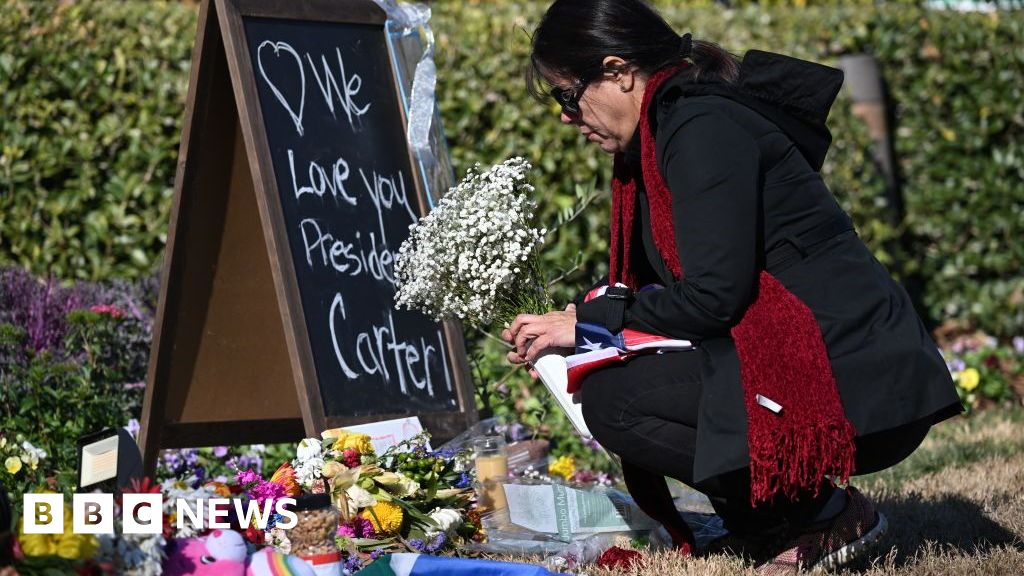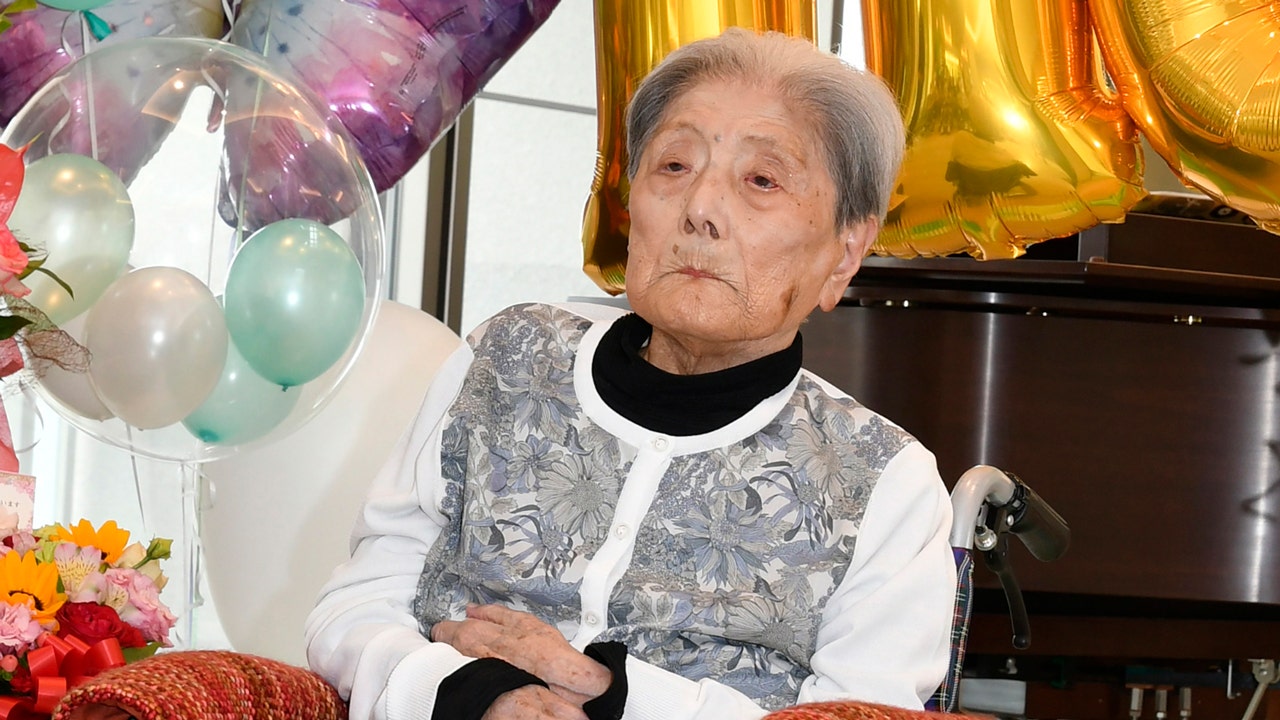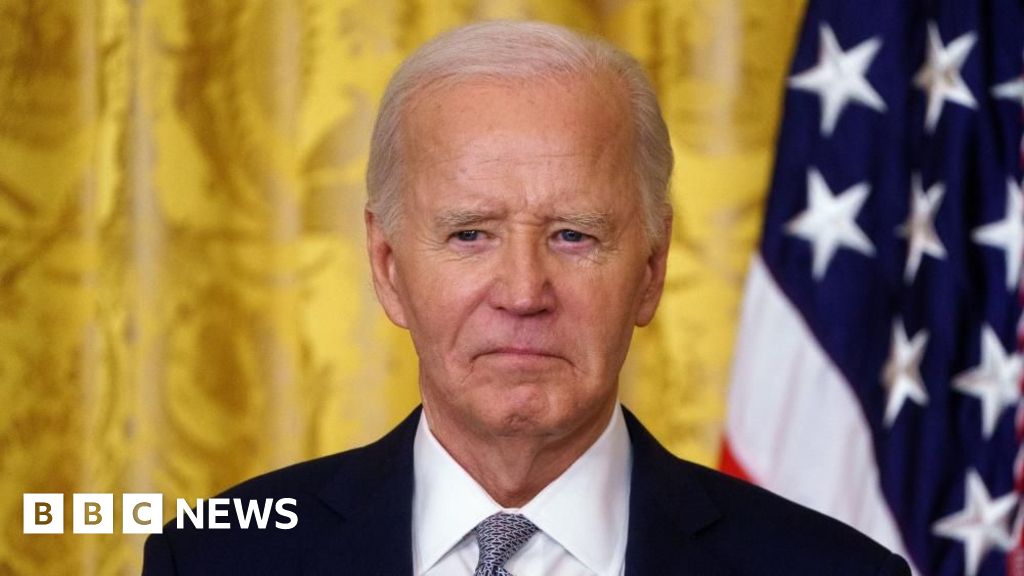Sports
Paris court bars assignees from enforcement bid against India

The Paris Court of Appeal has barred three US entities that were assigned the rights to a US$111 million investment treaty award from intervening in French enforcement proceedings – accepting India’s arguments that they were third parties to the arbitration.
In a decision dated 10 September, a three-judge bench reversed an order issued in February by pre-trial judge Daniel Barlow that had allowed Delaware companies CCDM Holdings, Devas Employees Fund US and Devas LLC to intervene in enforcement proceedings against India.
The assignees are using Gibson Dunn & Crutcher in the French courts while India is using White & Case.
The French action relate to a pair of awards issued by a Hague-seated UNCITRAL tribunal in favour of three Mauritian shareholders in Indian telecoms company Devas Multimedia.
In a 2016 partial award, the tribunal chaired by the late Marc Lalonde KC and including David Haigh KC and Indian former judge Anil Dev Singh found India liable under its BIT with Mauritius for the cancellation of a contract with Devas Multimedia for the lease of two satellites. A final award on quantum was issued in 2020.
The Mauritian shareholders won an order from a Paris first-instance court in 2021 enforcing the awards. While India appealed that order, the shareholders assigned their rights in the awards to their US parent companies in 2021 on the condition that the assignees collect on the award in return for 1% commission.
In the meantime, Devas Multimedia was put into liquidation in India on grounds of alleged fraud and the Mauritian authorities have sought to put the shareholders into administration.
In February, Barlow ruled that the US assignees could intervene in the French proceedings. He held that although the contractual nature of arbitration would usually prevent a third party who had not participated in the arbitration from participating in the enforcement proceedings, in this case the third parties, as assignees, had been subrogated the rights of arbitrating parties.
On appeal, India argued that the US entities were third parties to the arbitration and so could not be admitted as intervenors, as intervention would undermine the consent of the initial parties to arbitration. It said that investment arbitration was based on the consent of the state, adding that the offer of arbitration under a BIT was unilateral and invoked a surrender of sovereignty. In this case, it said it had never consented to a transfer of the rights under its BIT with Mauritius to US nationals.
India also argued that the assignment agreements were void under their governing English law, saying they involved no real consideration and should be considered a sham.
The assignees countered that an award established a claim which could be assigned under French law as with any other claim, including the right of action. They said there was no case law showing that they could not intervene, adding that the intervention was sought in the absence of a different means of substituting parties under French law, and asserting that the assignment agreements were valid under English law.
Overturning Barlow’s order, the Paris Court of Appeal said that French civil procedure law had strict rules on intervention. It found that voluntary intervention of third parties was not permitted in arbitration enforcement proceedings except where the parties agree by mutual consent, adding that the US companies were not signatories to the India-Mauritius BIT.
It disagreed with Barlow that there was any subrogation, saying it was not provided for by the assignment agreements and that the US companies were requesting to intervene in their own personal capacities.
The court found it therefore did not need to rule on the legality of the assignment agreements. It also dismissed the US companies’ arguments that preventing them from intervening would deprive them of access to justice.
Mauritian authorities take action against shareholders
In 2022, India’s Supreme Court upheld a decision to liquidate Devas Multimedia on the grounds that the company was formed for a fraudulent purpose. Devas’ shareholders have denied the allegations of fraud, which they say have never been subject to an evidentiary hearing.
According to filings in related US proceedings, the Mauritian authorities took steps last year to seize control of the Mauritian shareholders based on “intelligence” obtained from the Indian government.
The Mauritian Supreme Court granted the shareholders a temporary injunction in April last year to restrain the Mauritian Financial Services Commission from revoking their business licences or interfering in their litigation or arbitration.
But soon after, a different division of the Supreme Court granted a request by the Mauritian Registrar of Companies to appoint an administrator over the shareholders – who then purported to fire the companies’ counsel. Another Supreme Court judge subsequently injuncted the registrar and administrator from taking further steps.
The Mauritian shareholders are meanwhile still trying to enforce a US$1.3 billion ICC award rendered in favour of Devas against Indian state entity Antrix in the US courts. They were granted leave to intervene in the US proceedings after Devas entered liquidation.
The US Court of Appeals for the Ninth Circuit overturned a decision to enforce the ICC award last year, saying Antrix lacked a sufficient connection to the US. The shareholders applied in May to the US Supreme Court for leave to appeal.
The US parent entities also applied to the Ninth Circuit last year for leave to intervene in the enforcement proceedings in view of the risk of the shareholders being seized by Mauritian authorities. The appeal court struck out the motion without prejudice.
Last month, the Superior Court in Quebec ruled that India’s airports authority enjoyed immunity as an agency of a foreign state – ruling against the Mauritian shareholders in their bid to enforce their treaty award against the authority’s assets.
India v CC/Devas (Mauritius), Devas Employees Mauritius Private Limited, Telecom Devas Mauritius Limited, CCDM Holdings, Devas Employees Fund US, Devas LLC
In the Paris Court of Appeal
Bench
- Fabienne Schaller (president)
- Marie-Catherine Gaffinel
- Marie Lambling
Counsel to the shareholders and the US companies
- Luca De Maria of Pellerin – De Maria – Guerre
- Gibson Dunn
Partner Eric Bouffard and associate Martin Guermonprez in Paris
Counsel to India
- Matthieu Boccon Gibod of Lexavoue Paris-Versailles
- White & Case
Partner Christophe von Krause in Paris










